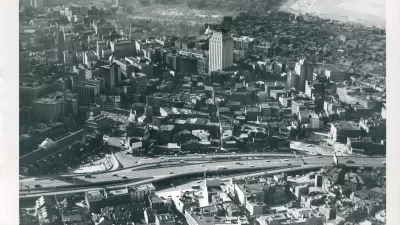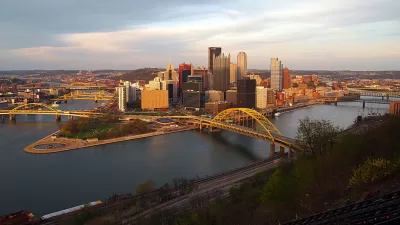One family in Taipei has rallied support for "victims of urban renewal" after the city demolished their home to make way for high-rise apartments, Loa Lok-Sin reports.
Community rights organizations in the Taiwanese capital faced off against the city last March over a case of eminent domain in the name of urban revitalization. The conflict pitted longtime residents against development interests, and has garnered the support of dozens of local organizations, including the Taiwan Association for Human Rights and the Taiwan Alliance for Victims of Urban Renewal.
The Wang family, which built its house in the Shilin District of Taipei decades ago, had been locked in unsuccessful negotiations with the city for years. But homeowner Wang Yao-Teh claimed the city "had not once been able to tell us what public interest is involved in the urban renewal case that concerns our family."
The home was located on a site selected by construction company Le Young for a new, 15-story high-rise apartment building.
"Although the family has refused to give up its land, the construction firm has already received the consent of more than 75 percent of the landowners on the block, and according to the Urban Renewal Act (都市更新條例), the firm can now ask the city government to help it evict the Wangs and demolish their home," Loa explains.
"The government should not be hired thugs for construction firms, the law needs to be revised," said Chen Hung-Ying of the Alliance for Victims of Urban Renewal. "What is happening to the Wangs is not an isolated case. If we allow such a terrible law to exist without revision, any one of us could be its next victims."
While forced evictions are commonplace throughout China, they are far less common in democratic Taiwan, and have motivated political and legal challenges to Taipei's Urban Renewal Act.
FULL STORY: Wang family protests eviction

Trump Administration Could Effectively End Housing Voucher Program
Federal officials are eyeing major cuts to the Section 8 program that helps millions of low-income households pay rent.

Planetizen Federal Action Tracker
A weekly monitor of how Trump’s orders and actions are impacting planners and planning in America.

Ken Jennings Launches Transit Web Series
The Jeopardy champ wants you to ride public transit.

California Invests Additional $5M in Electric School Buses
The state wants to electrify all of its school bus fleets by 2035.

Austin Launches $2M Homelessness Prevention Fund
A new grant program from the city’s Homeless Strategy Office will fund rental assistance and supportive services.

Alabama School Forestry Initiative Brings Trees to Schoolyards
Trees can improve physical and mental health for students and commnity members.
Urban Design for Planners 1: Software Tools
This six-course series explores essential urban design concepts using open source software and equips planners with the tools they need to participate fully in the urban design process.
Planning for Universal Design
Learn the tools for implementing Universal Design in planning regulations.
Ada County Highway District
Clanton & Associates, Inc.
Jessamine County Fiscal Court
Institute for Housing and Urban Development Studies (IHS)
City of Grandview
Harvard GSD Executive Education
Toledo-Lucas County Plan Commissions
Salt Lake City
NYU Wagner Graduate School of Public Service




























